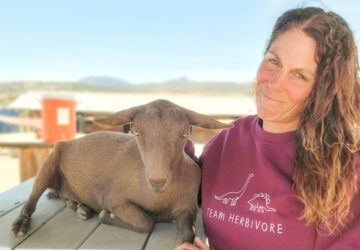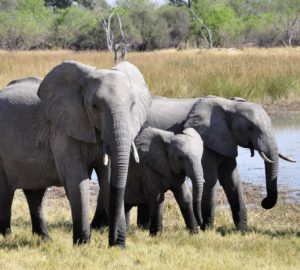(Source: wordpress)
By: Katie Wismer
According to The Biomass Distribution on Earth, published in the Proceedings of the National Academy of Sciences, humankind’s negative impact on the planet is massively disproportionate.
The study assessed all life on earth and revealed a staggering 60 percent of all mammals to be livestock, the majority being cattle and pigs. The data shows of the remaining 40 percent of mammals, 36 percent are human, and a mere four percent are wild animals. For birds, 70 percent are farmed poultry, with only 30 percent being wild.

(Source: We Animals)
The study points out that there are 7.6 billion people on the planet. That equates to about 0.1 percent of all living beings. However, humanity has caused a loss of a staggering 83 percent of all wild mammals since the dawn of civilization.
No math skills are required to see the massive discrepancy there.
Professor Ron Milo, from the Weizmann Institute of Science in Israel, who led the study said: “I would hope this gives people a perspective on the very dominant role that humanity now plays on Earth.”
One of the most significant factors in humanity’s impact on the planet? Our eating habits.
He said: “Our dietary choices have a vast effect on the habitats of animals, plants and other organisms. I would hope people would take this [work] as part of their world view of how they consume. I have not become vegetarian, but I do take the environmental impact into my decision making, so it helps me think, do I want to choose beef or poultry or use tofu instead?”
Being mindful of the impact our choices have on the world around us – and acknowledging the responsibility that comes with having such a dominant role – is the first step to making positive change.









